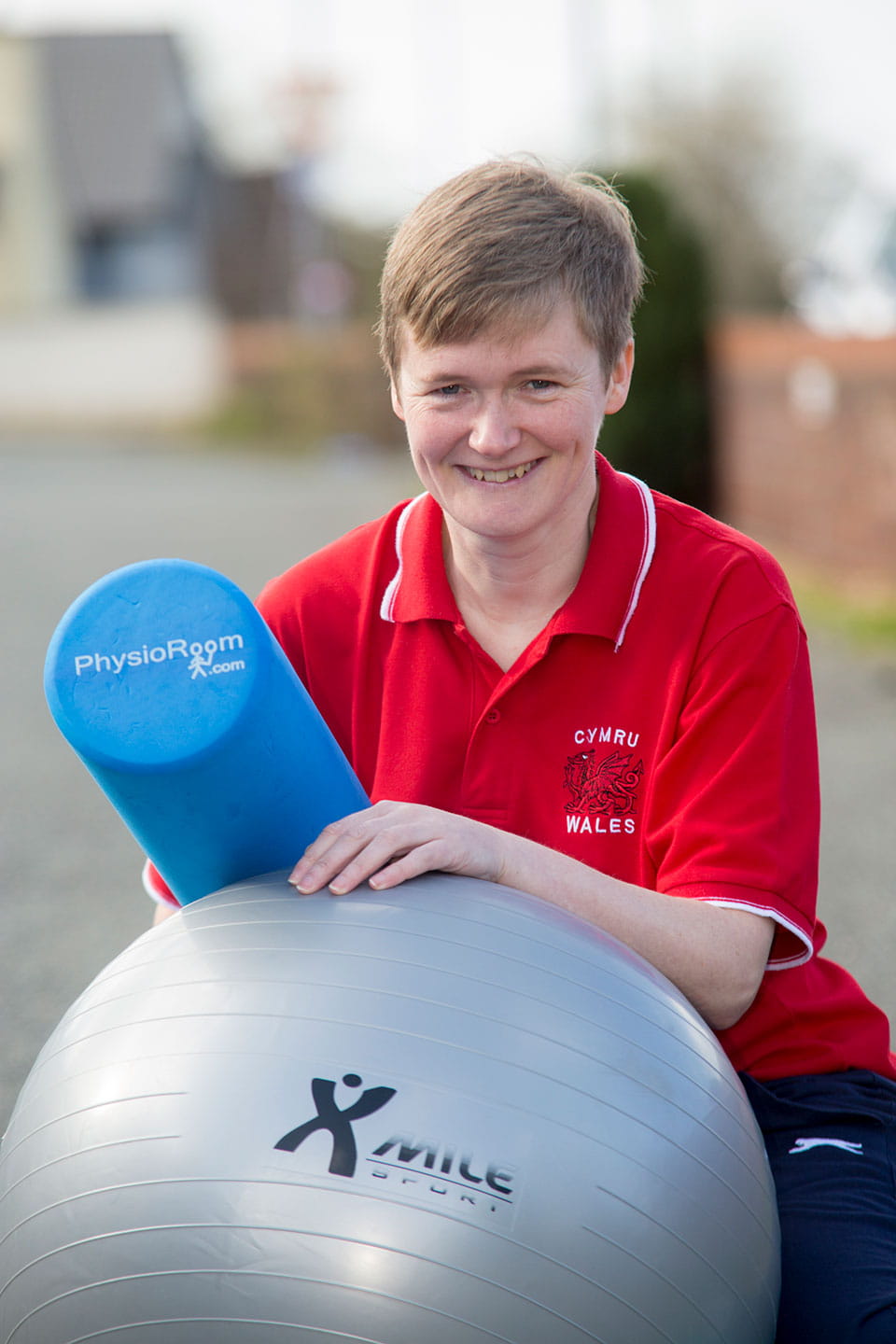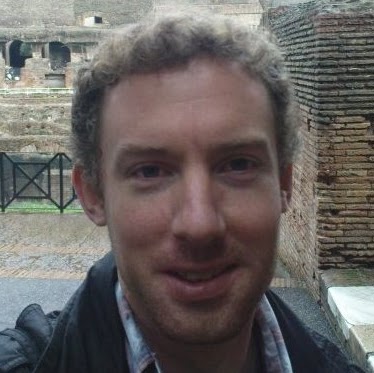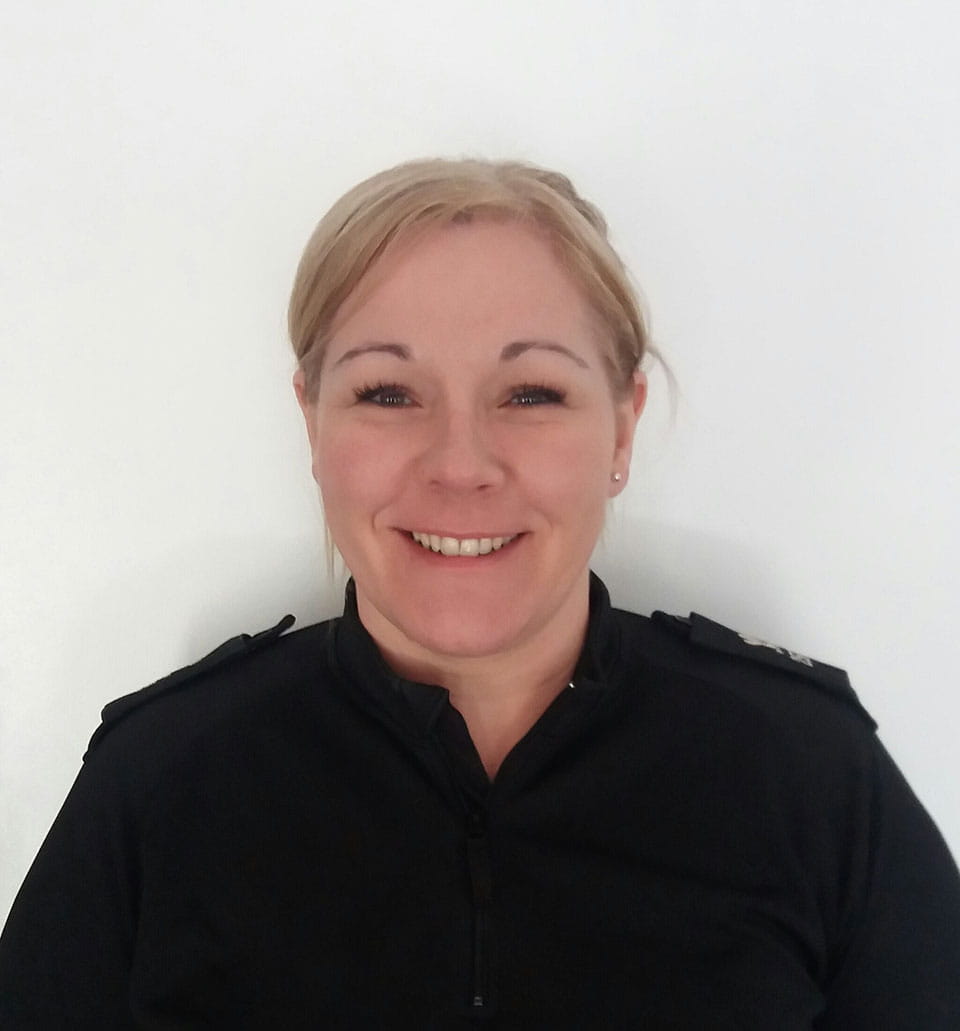Case Studies
Siân Griffiths
Physiotherapist at Ysbyty Gwynedd, Bangor
I was born and raised in Rhosllanerchrugog, by Wrexham and I did learn the basics of the Welsh language when I was at school. I moved to Anglesey in 2014 as a trained physiotherapist and was fortunate to secure a job in the local area.
Though I had the basics of the Welsh language I still found it very difficult to communicate with my patients whose first language was Welsh. This led to some frustration for the patients not knowing what they should be doing. I decided that the best solution for both parties to get the full benefit from the health care profession was for me to learn Welsh.
I started learning Welsh in March 2014 and I’m currently studying at an advanced level of Welsh for Adults at Bangor University.
I feel that I have benefited immensely both at work and in the community. Patients understand I’m learning and many are happy to assist in any way they can. They react more positively to instructions and have a more positive attitude. This enables treatment to often be more successful.
Another reason that I wanted to learn Welsh is that being Welsh born and bred I personally felt that it was important for me to speak the language.

Dr Jonathan Ervine
Senior Lecturer in French, Bangor Univeristy
I’m originally from Fife in Scotland and I moved to North Wales to start work as a Lecturer in French at Bangor University, after spending a few years working in Lille in France and then studying for a PhD in Leeds.
At the time I didn’t know very much about the area but I knew it was an area with lots of Welsh speakers and I wanted to learn the language to get to know the place where I worked and lived.
Because there are so many Welsh speaking people working at the university, it’s a pleasure for me to be able to speak with them in Welsh. I also speak Welsh in meetings with students as well as colleagues, as well as in teaching, presenting my research and in media interviews.
Learning Welsh wasn’t a compulsory element of my job but for me the Welsh language has become an important part of my work at Bangor University. The University is a bilingual establishment so it makes sense to try and use both Welsh and English. I like to hear, and use, the language pretty much every day.
As well as benefiting my working life, my wife and I are also raising our children to be bilingual. My wife is currently having Welsh lessons at our local Welsh for Adults centre. To begin with it felt a bit odd using Welsh with our first son because you don’t use the same kind of vocabulary as you do with your colleagues and students! But Tomos is four years old now and it feels completely natural.

Hayley Jones
Policewoman, North Wales Police
I’m Hayley Jones, a 40 year old Mum of three and I’m a police officer with North Wales Police.
I learned Welsh in school and achieved a grade A at GCSE level…..but never spoke Welsh again!!
I always felt a bit ‘guilty’ being Welsh, living and working in Wales but not being able to speak the language. Since school I never seemed to have the opportunity to speak Welsh with anyone as my family and friends were all English first language.
Over the years I had toyed with the idea of picking it up again perhaps at night classes but family life took over.
My husband is fluent Welsh and although I could get the gist of what he was saying when he spoke Welsh I never felt confident enough or knowledgeable enough to engage in conversation, so I would just listen. We sent our eldest child to Welsh infant and secondary school and our middle child has been in Welsh education for three years now so the numbers were stacking against me!
In November 2015 I had an operation which required significant recovery time to get back to full duties. I saw this down time as the ideal opportunity to enquire with our training department about Welsh in the Workplace courses. I attended my first Level 2 course in May 2016 and haven’t looked back since.
A tutor came to our headquarters for two days per week, over a couple of weeks, which gave me a real boost and reignited my passion for the language. We covered the basics and helped build our confidence to try and say things, being brave enough to make mistakes, in front of each other in a safe learning environment. I enjoyed this so much that I enrolled for the level 3 course later the same year and I am just approaching the end of my Level 4 course.
By attending these courses, I have not only built on my knowledge of the Welsh language but also gained confidence to try and speak Welsh with my family now on a daily basis. I am by no means fluent but I am trying hard to practice as much as I can. I am hoping to start attending local Welsh learner social evenings which take place weekly near my home.
I have thoroughly enjoyed my experience of learning Welsh in the Workplace and would recommend it to anyone needing that nudge to give it a try.

Michael Palmer
Director at Future Generations Commissioner For Wales
I was born and bred in Solihull by Birmingham. I decided to learn Welsh after I met my wife. Her father was from Lithfaen on the Lleyn Peninsula and was enthusiastic about the Welsh language. So I thought it would be much better for me to gain a language rather than the family having to speak English with me.
But being motivated is one thing, being able to follow through and make it happen is another matter. For me going back to study for a degree was key.
During my first year I had the chance to go on an Wlpan course for eight weeks in the Summer holidays, with the University paying for the course and my living costs.
I’m very aware of how privileged I was, not only to have the opportunity, but also for the amazing group of tutors like Cefin Campbell and Carolyn Iorwerth.
Their excellent teaching skills matched their enthusiasm, and their energy was miraculous. As somebody who had no luck at all with learning Spanish in school, the method at Wlpan was an eye opener. No grammer, no writing, just listening, paying attention and repeating.
By the time I went back to college in the autumn I was able to hold a simple conversation with the Welsh students who knew me (and who were patient enough to put up with me making a pig’s ear of their language).
(Thanks to Cymru Fyw, BBC Wales)
